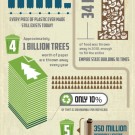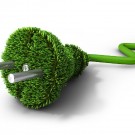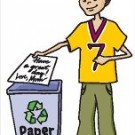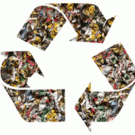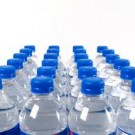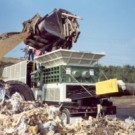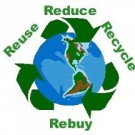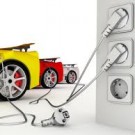
Plastic has brought a lot of convenience to our lives. It is water-resistant, cheap, simple to utilize and versatile. Unfortunately, plastic is not biodegradable, which means we must use this material responsibly. Recycling helps reduce the negative impact plastic has on our environment, so we can improve our carbon footprint and enjoy the benefits of plastic without suffering the consequences.
Recycling plastic saves twice as much energy as burning it in an incinerator.
Plastic bags and other plastic garbage thrown into the ocean kill as many as 1,000,000 sea creatures every year!
When a ton of plastic bottles are recycled approximately 3.8... Read More
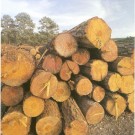
Timber (wood) is considered one of the most environmentally friendly materials that you can use for building, and manufacturing. However, timber needs to be sourced carefully so that it prevents deforestation and loss of biodiversity. Fortunately, there are a couple of resources available to help ensure that the timber you decide to use is responsibly produced. These resources are the Forest Stewardship Council (FSC) certification and Friends of The Earth’s Good Wood guide (FOE).
The FSC ensures that you are buying timber from monitored sustainable sources, so for example when shopping for some wooden blinds for your new home, you... Read More

Just as Count Dracula preys upon the innocent, Vampire Power, or the energy drawn from items like electronic devices that are plugged in but not in use, drains blood from the energy grid wasting 10 billion dollars annually in the U.S. alone. Check out the video to learn all about the money wasting.
6 tips to reduce your Vampire Power usage
Unplug your devices when not in use. It's as simple as that. Pull TV/computer/stereo/etc power cords out of the outlet. If they're not in use or if they're totally unneccesary (are you really going to ever use that VCR player... Read More

Small Appliances
Cook with small appliances. Cook with your toaster oven, electric skillet and slow cooker for specialized jobs, rather than the range. Small appliances use less energy.
Run cold water for disposal. Hot water requires energy to warm the water. Cold water saves energy and solidifies grease, moving it more easily through the garbage disposal and pipes.
Refrigerators and freezers
Don’t set the temperature colder than necessary. Set the refrigerator temperature between 36° F and 42° F. Set the freezer control so the temperature is between -5° F and +6° F. A small thermometer placed in the refrigerator or freezer will help... Read More

1800-GOT-JUNK is a green company helping families and businesses get rid of junk and at the same time, they work to decrease waste. Their assurance to customers is that your junk gets recycled, donated, or disposed of responsibly. Since their start in 1989, the company has saved over 1.5 billion pounds of junk from the landfill, and counting.
At ACOG, we think of them as an ally in the ‘LESS-TRASH’, green initiative. We’ve worked with them and can vouch for their friendliness and green-community mindfulness. Below is a snapshot of one month's worth of their work in South-East Florida; the... Read More




